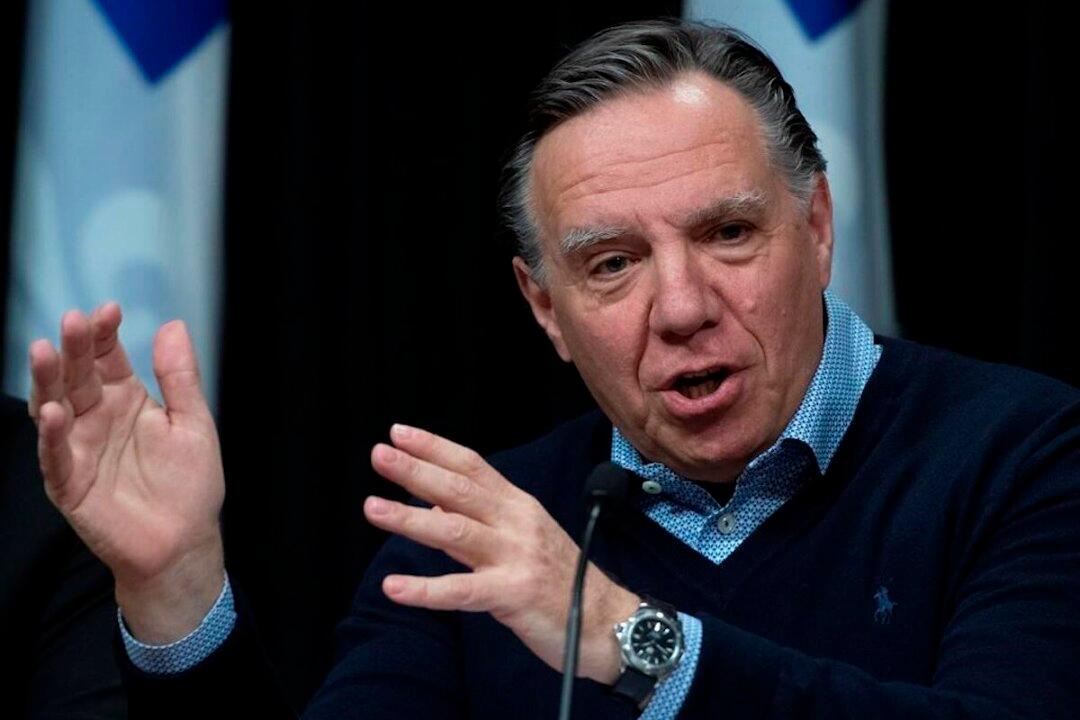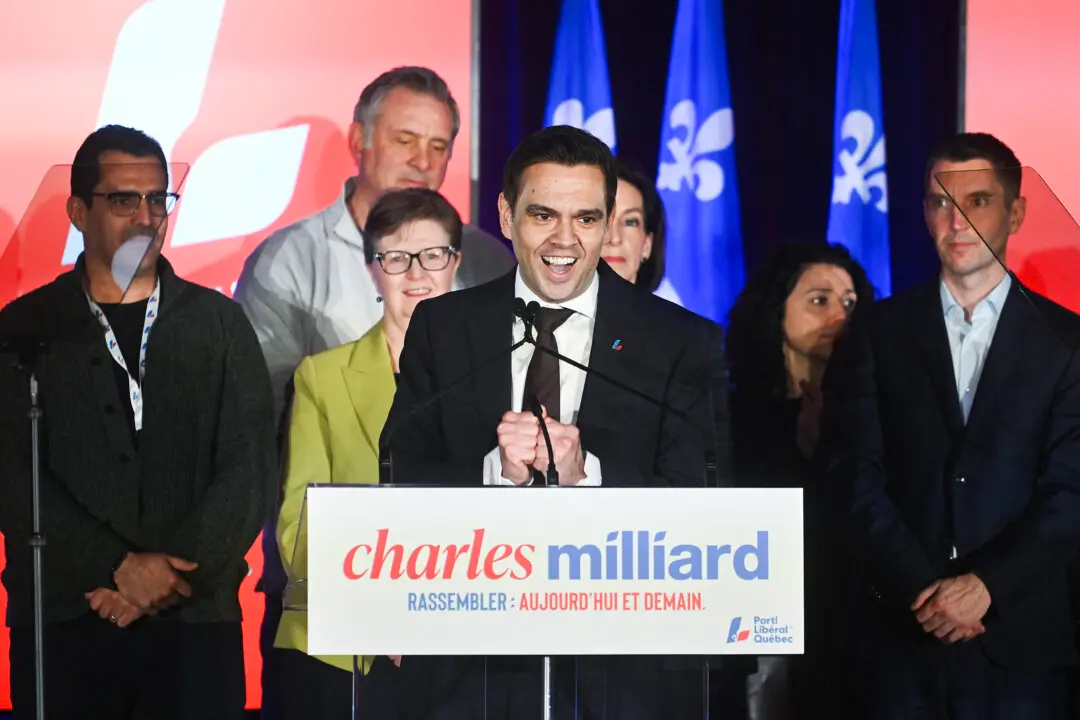Quebec’s premier issued an order on Sunday urging a number of public gathering places such as bars, theatres, gyms and cinemas to close their doors for two weeks in a bid to contain the spread of COVID-19.
Francois Legault’s announcement came amid a number of other more aggressive measures aimed at curbing the global pandemic, which has sickened 39 people in the province as of Sunday afternoon.





